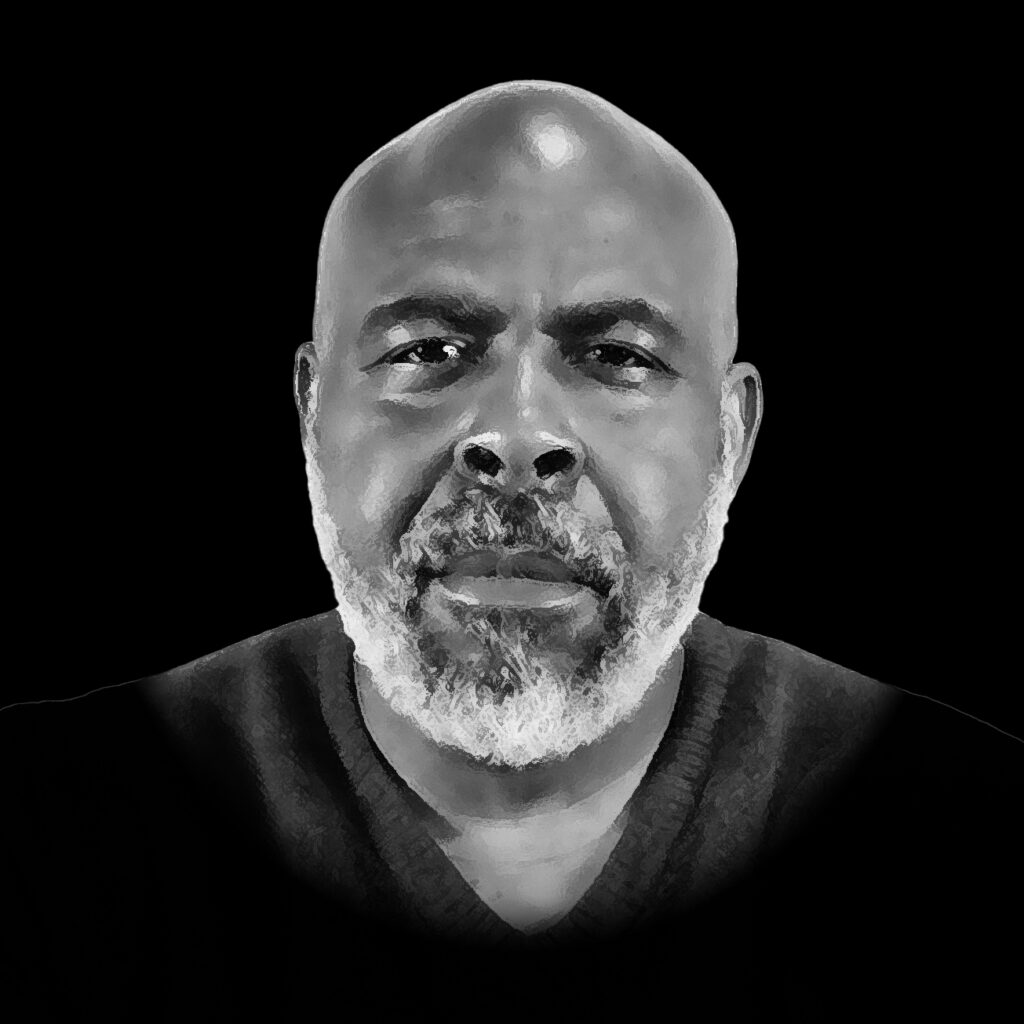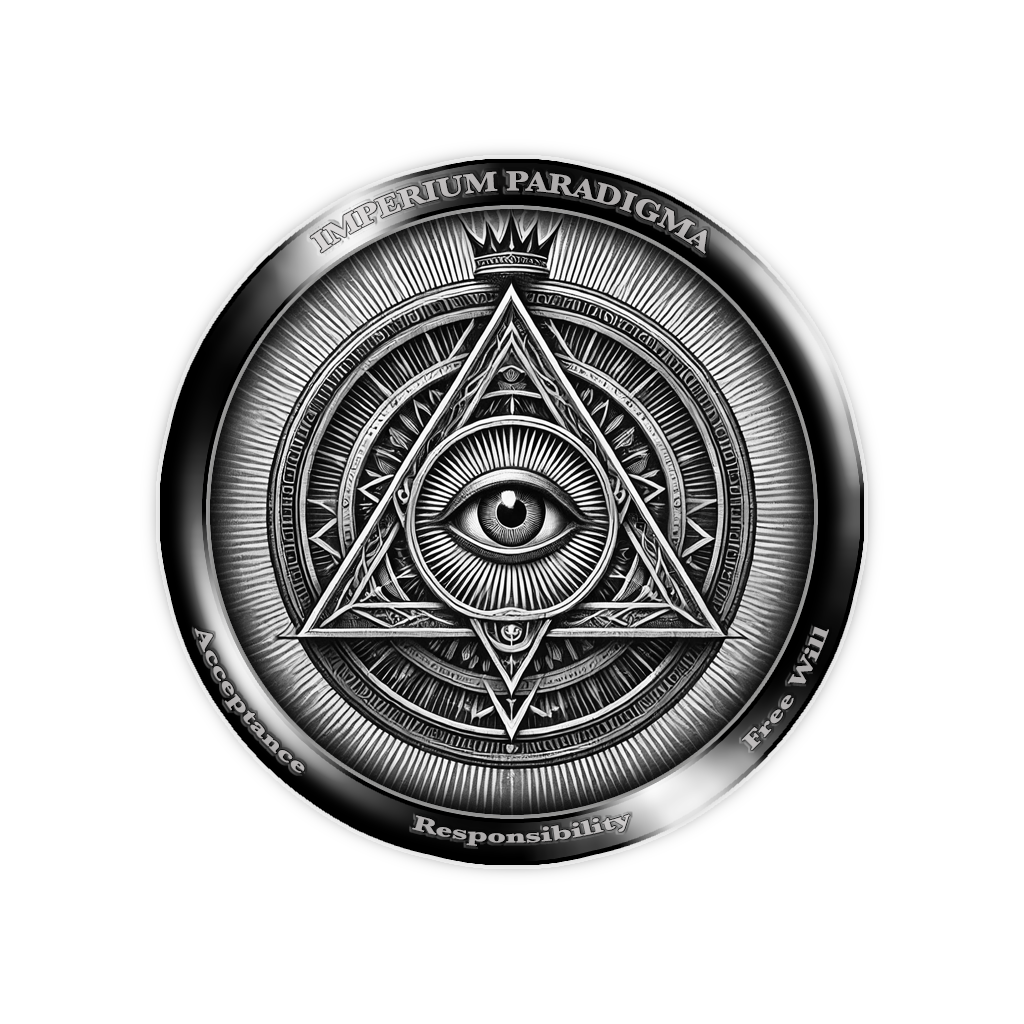When was the last time you were criticized? Did it make you feel small? Angry? Defensive? Or did you shy away from it, hoping it would pass? If you’re like most people, the fear of criticism plays a significant role in how you navigate life. As Napoleon Hill points out in his book Think and Grow Rich, the fear of criticism is one of the six “ghosts of fear” that can hold you back from achieving your true potential. But what if we could break free from this fear? What if we could harness its power rather than let it control us?
In this post, we’ll explore what the fear of criticism is, how it manifests, and how you can begin to move beyond it.
The Power of the Fear of Criticism
Let’s take a moment to reflect on the question: What is your relationship with criticism? For many, criticism feels like a personal attack. When someone points a finger at you, it can trigger a range of emotions — anger, sadness, shame, or even the desire to fight back. Hill acknowledges that these reactions are natural. In fact, they’re a result of our societal conditioning, where criticism often carries heavy consequences.
Whether it’s a critique from a colleague, a comment from a family member, or a judgment from a stranger, fear of criticism can influence our actions more than we realize. It can lead us to avoid certain social situations, stay silent in the face of injustice, or even prevent us from pursuing our true passions. And as Hill rightly identifies, the fear of criticism can be one of the most significant barriers to success in life.
Defining Criticism: More Than Just Feedback
Before we dive deeper, let’s define what criticism truly is. According to Hill, there are two main aspects of criticism:
- Disapproval based on perceived faults or mistakes – This form of criticism often comes from others, based on their perception of your shortcomings. It’s important to note that these faults don’t have to be real; they can simply be perceived by others.
- Judgment or analysis of a work – This type of criticism applies to artistic or intellectual efforts, where one evaluates the merits and faults of a creation.
But what makes criticism particularly hard to handle is not necessarily the truth behind it, but the potential consequences of being criticized — especially when it involves personal judgment or attacks.
The Fear of Ostracism: A Deep-Rooted Instinct
Hill points out that the fear of criticism stems from a much deeper, more primal fear — the fear of being ostracized from the group. As human beings, we’re wired to seek belonging. We have an innate need to be part of a group because, for much of our evolutionary history, being cast out from the group meant certain danger. Ostracism was a form of social punishment, and the fear of being excluded can be a powerful motivator.
The word “ostracism” itself comes from ancient Greece, where citizens could vote to exile someone from their community for ten years. This was often more about political maneuvering than any actual wrongdoing. The fear of such rejection continues to affect us today, even in subtle ways. We avoid speaking out, we suppress our true opinions, and we “go along to get along” — all to avoid criticism and social exclusion.
How the Fear of Criticism Shapes Our Lives
In practical terms, the fear of criticism can limit our potential. How many opportunities have you missed because you were too afraid of what others might think? How many times have you held back from speaking up in a group or sharing your ideas for fear of being judged?
Hill uses a powerful example to highlight the impact of this fear. He recalls the atrocities that occurred during World War II and the post-slavery era in the United States. The fear of criticism and ostracism led many individuals to stay silent or follow orders they knew were wrong. This is a stark reminder of how powerful our desire to “fit in” can be — so powerful that it can override our moral compass and prevent us from standing up for what’s right.
This same dynamic plays out in everyday life. Maybe it’s a subtle transgression — like not pursuing a goal because of what others might think. Or maybe it’s avoiding a difficult conversation because you don’t want to risk the judgment of others. The point is, this fear affects us on a deeper level than we often realize, and it can keep us from living the life we truly desire.
Signs of the Fear of Criticism
The fear of criticism often manifests in various ways. Some common symptoms include:
- Self-consciousness – Feeling constantly aware of others’ opinions.
- Lack of poise or personality – Holding back your true self in an effort to fit in.
- Inferiority complex – A sense of not measuring up to others.
- Extravagance – Overcompensating by seeking approval through material possessions or exaggerated behaviors.
- Lack of initiative or ambition – A reluctance to take risks or pursue your goals due to fear of judgment.
These symptoms may show up differently in each person. For some, the fear of criticism makes them retreat inwardly, while for others, it leads them to act out in an exaggerated way to compensate for their insecurity. The key takeaway is that criticism has a powerful hold on us, regardless of how we react to it.
Moving Beyond the Fear of Criticism
So, how can you overcome the fear of criticism? The first step is acknowledging its presence in your life and understanding its roots. Once you recognize the ways it influences your thoughts and behaviors, you can begin to take conscious action to shift your mindset.
- Shift focus from people to ideas – Hill quotes Eleanor Roosevelt: “Great minds discuss ideas; average minds discuss events; small minds discuss people.” The fear of criticism often leads to focusing on others, but true personal growth comes from focusing on ideas, values, and goals.
- Stand firm in your beliefs – Don’t let the fear of being ostracized stop you from speaking up for what’s right. Learn to trust your own judgment and stand firm in your convictions, even when others disagree.
- Reframe criticism – See criticism as a tool for growth rather than an attack. Understand that not all criticism is personal, and sometimes it can be a valuable source of feedback.
- Build resilience – The more you face and deal with criticism, the stronger you become. Over time, you’ll learn to separate your self-worth from the opinions of others and grow more comfortable in your own skin.
Conclusion: Taking Control of Your Life
At the end of the day, the fear of criticism is a universal experience. But it doesn’t have to control you. By understanding its impact, recognizing its symptoms, and taking steps to overcome it, you can break free from its grip. Your goals, dreams, and relationships are worth it. Don’t let the fear of criticism stop you from becoming the person you were meant to be.
What are you allowing to hold you back? And more importantly, what will you do about it today?



Comments
One response to “Overcoming the Fear of Criticism: Insights from Napoleon Hill’s Think and Grow Rich”
[…] links the fear of criticism to our inherent social nature. Humans are wired to seek acceptance within their social groups. […]